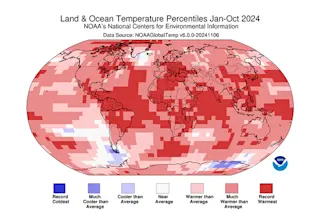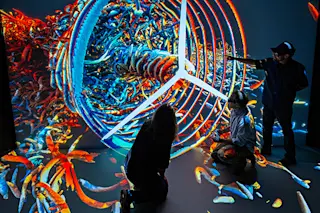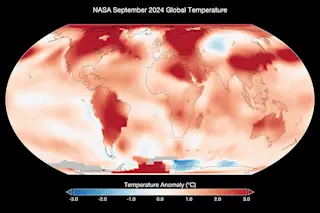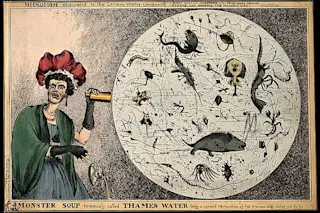Andrew Montford, a Scottish climate skeptic who blogs at the Bishop Hill site, recently tweeted of his trip to London:
Had interesting conversations with a couple of enviro jouros today. Both agreed that media refusal to report "reasonable middle" is problem.
This prompted UK climate scientist Richard Betts to respond:
It is increasingly annoying that some media cover climate as a debate between NGOs and sceptics, with no actual scientists.
Ben Pile, a sharp critic of environmentalism who frequently dissects media coverage of climate change, then chimed in with his own complaint:
Plenty of stories in media with just one scientist, and no counter view at all.
He linked to a recent post of his that pointed out a spate of such stories. All three observations are, to varying degrees, legitimate. Of course, there's this grumble at the other end of the grievance spectrum: Not enough sirens and flashing lights. ...













